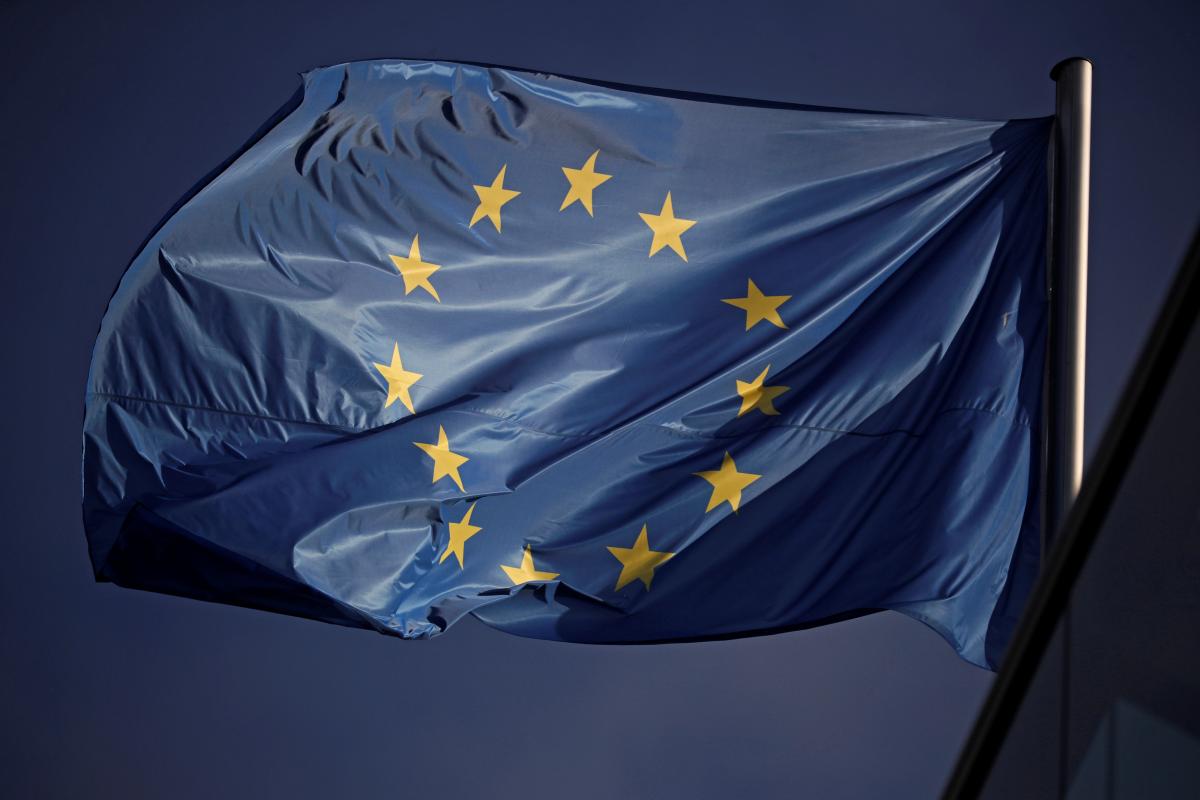
The European Union External Action Service (EEAS) sees no obstacles to the potential delivery of humanitarian assistance for Russia to fight against the novel coronavirus.
"The sanctions imposed on Russia (in the summer of 2014) relate to actions that undermine the territorial integrity of Ukraine, as well as violations of international law caused by the annexation of Crimea and events in eastern Ukraine. These sanctions do not impede potential humanitarian assistance which Russia at this stage doesn't need and for which it has not asked," an EEAS representative said, according to Deutsche Welle's Ukrainian-language service.
Read alsoU.S. House of Representatives calls for sanctions against Russia over human rights abuse
According to Johns Hopkins University, more than 232,000 coronavirus cases were confirmed in Russia as of May 12, which makes that country rank second after the United States, which has over 1.35 million confirmed COVID-19 cases.
On the same day, Valdis Dombrovskis, Executive Vice-President of the European Commission for an Economy that Works for People, assured journalists that the European Union would provide coronavirus-related humanitarian assistance even to countries and regions under sanctions.
"The coronavirus pandemic knows no borders. Only together can we protect the most vulnerable people from this virus and the human suffering that it brings. The European Commission is committed to doing everything in its power to respond to questions from humanitarian operators regarding their activities in sanctioned countries or areas. Humanitarian assistance can reach those in need, even with sanctions in place. The two things are not incompatible," he said on May 12.
The European Commission has already published detailed guidance on how coronavirus-related humanitarian aid can be sent to countries and areas around the world that are subject to EU sanctions. This guidance note on Syria is the first in a series of comprehensive Q&As, which aims to give practical guidance on how to comply with EU sanctions when providing humanitarian aid, in particular medical assistance, to fight the coronavirus pandemic.

